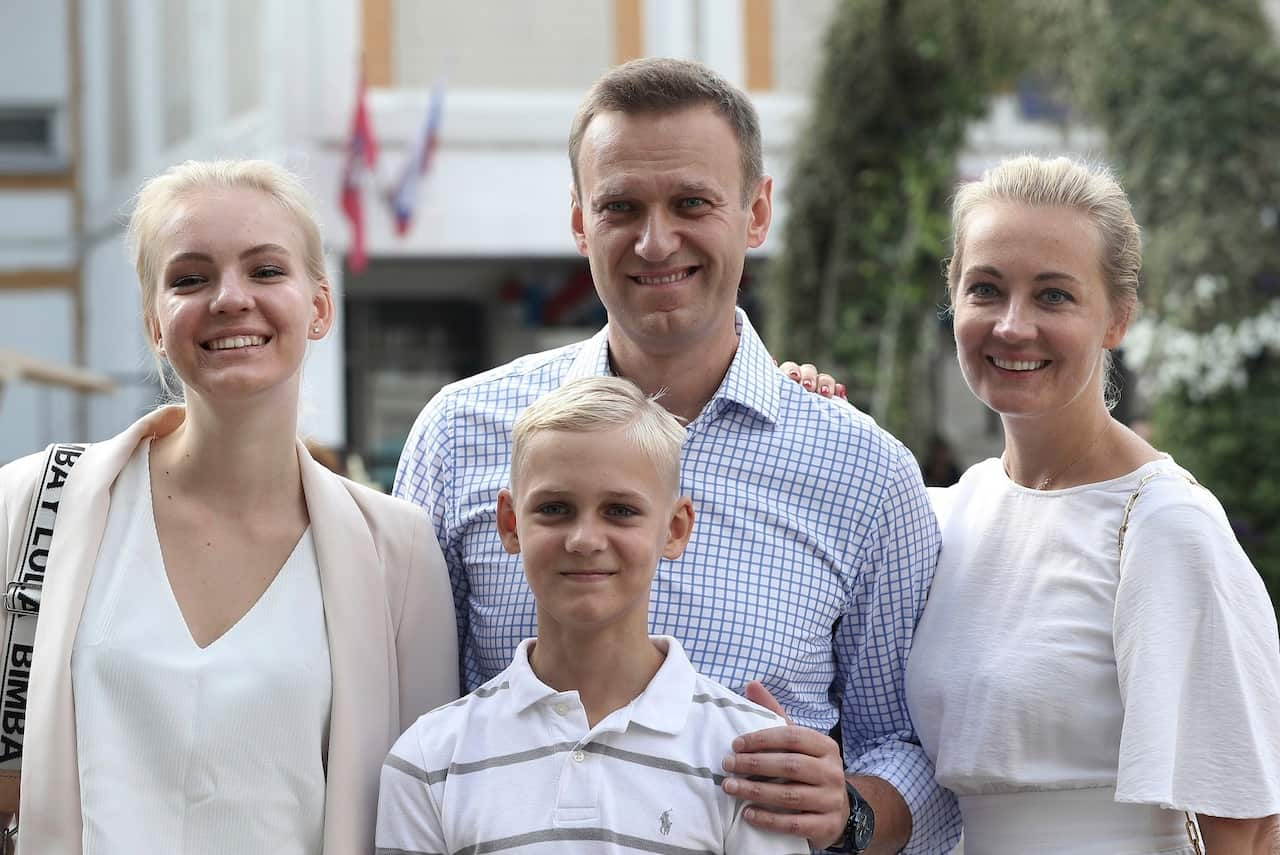Vil Mirzayanov is a chemical weapons expert who worked inside the secret military installation where the deadly nerve agent, Novichok was developed between 1970 and 1993.
He took part in the development of Novichok class toxic substances in Soviet Russia and later revealed the existence of the Novichok family of nerve agents to the world.
On Thursday, the German government said Alexei Navalny, a critic of the Russian president Vladimir Putin, was poisoned with Novichok.
Currently living in exile in the US, he says he did not doubt that the deadly nerve agent used to poison Mr Navalny came from Russia.
“It requires expert qualification and highly qualified personnel in order to set up experiments, synthesise - it does not happen in a year. For this, there must be longstanding research. And it was available only in the USSR, only in Russia,” he told SBS Russian. In 1992, Mr Mirzayanov and another colleague blew the lid off Soviet Russia’s chemical weapon development program at a secret military chemical weapons laboratory, GosNIIOKhT, by publishing newspaper articles. He was arrested and charged with treason.
In 1992, Mr Mirzayanov and another colleague blew the lid off Soviet Russia’s chemical weapon development program at a secret military chemical weapons laboratory, GosNIIOKhT, by publishing newspaper articles. He was arrested and charged with treason.

Kremlin critic Alexei Navalny was shifted to Germany by an air ambulance after he collapsed on a flight due to suspected poisoning. Source: DPA
He says the Soviet-era nerve agent continues to be used as a weapon to exact revenge.
“I was very surprised at the impudence of these people, who are addicted to killing people with Novichok. Apparently, they know that poisoning by Novichok, even if a person remains alive, leads to irreversible consequences and leaves the person disabled.”
“This is, of course, revenge,” he says. Mr Mirzayanov says he tested the later generations of the nerve agent which he says are extremely deadly and human exposure to even very small quantities can cause severe symptoms.
Mr Mirzayanov says he tested the later generations of the nerve agent which he says are extremely deadly and human exposure to even very small quantities can cause severe symptoms.

A file photo of Alexei Navalny, with his wife Yulia, daughter Daria, and son Zakhar Source: AAP
“The poisonous substance attacks acetylcholine which carries out the transmission of signals from the brain to our functional organs in the form of muscles, digestive tract, vision and everything else."
According to him, it’s difficult to make a prognosis for Mr Navalny.
“It all depends on how the neurons are restored and whether they are all restored. Even doctors themselves may not know which organs are affected.
“A person may not even know themselves, but at some point, they may experience the effects after the poisoning, and the person may not be able to deal with them. Therefore, it is difficult to say that Alexei after this poisoning will be the same man who he was before the poisoning.” Vil Mirzayanov says some workers at the secret military lab in Russia were also exposed to Novichok while working on it and they could not return to the same work again.
Vil Mirzayanov says some workers at the secret military lab in Russia were also exposed to Novichok while working on it and they could not return to the same work again.

Sergei Skripal and his daughter Yulia were allegedly poisoned with a Novichok nerve agent in the UK in March 2018. Source: AAP
He says he deeply regrets his involvement in the program.
“This, of course, struck me again and again," he says referring to the German military laboratory's claim of "unequivocal evidence" that Alexei Navalny had been poisoned with Novichok.
"You just never can get over the idea that you were involved in this dirty business. But I just did my job.”
Mr Mirzayanov worked at the State Research Institute of Organic Chemistry and Technology for 26 years before he was arrested in 1992. He was released from prison in March 1994 after US scientists initiated a major campaign on his behalf.
Share

